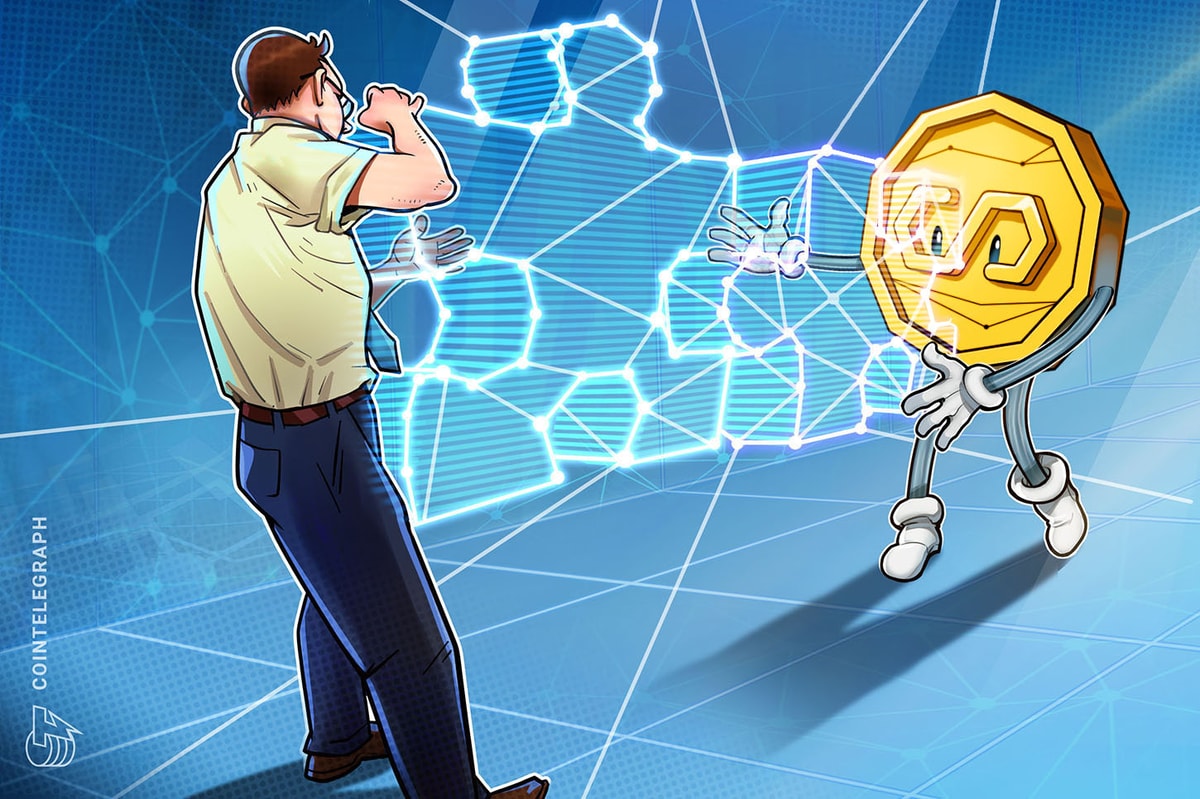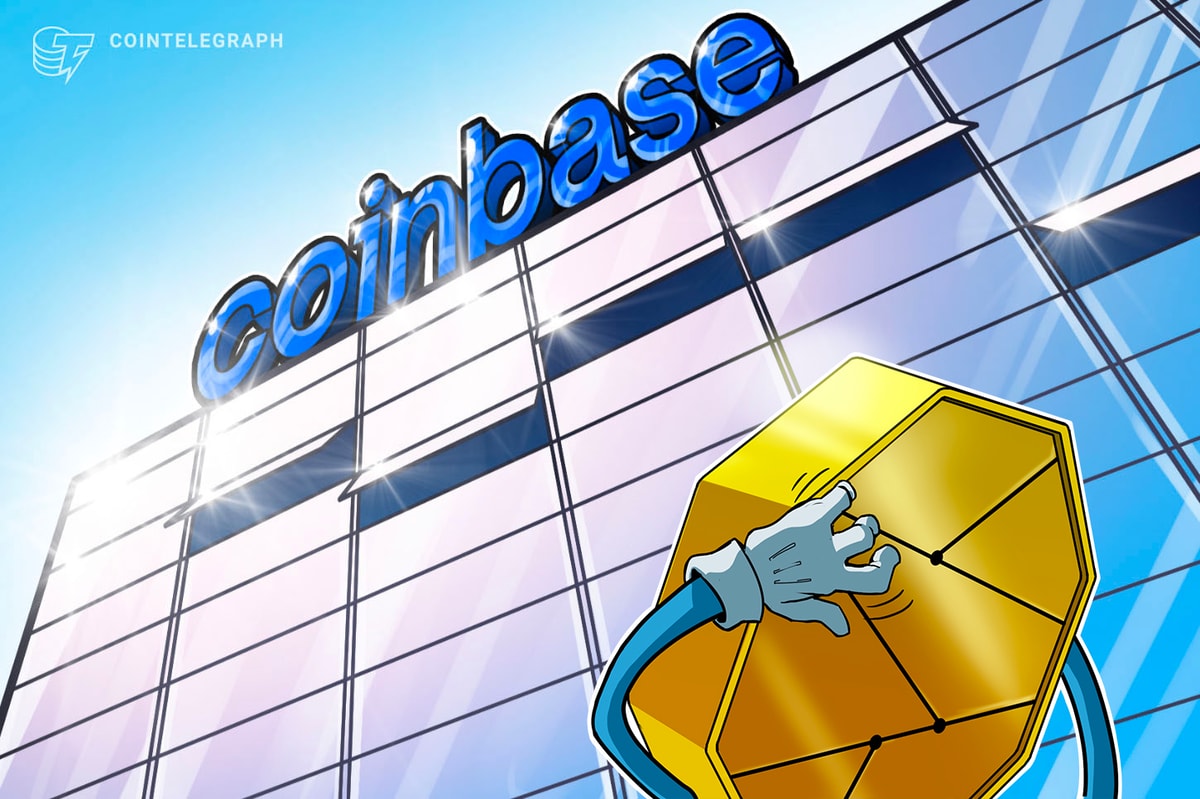I heard recently that Vitalik choosing the term “Decentralized Autonomous Organization” in 2015 (defined here) was influenced by the 1997 book, The Sovereign Individual. Both this book and the concept of humans organizing by using the blockchain have created distinct camps among software builders.
Skeptics believe it is complete overhype whilst decentralization maxis see it as our immediate technological future. There doesn’t seem to be a nuanced middle ground on either topic. There’s also a realist perspective on founders implementing their operations on-chain. We believe execution by modular teams at the edges will be the future of human coordination.
During this bear market, skepticism prevails among Web3 leaders. Any on-chain operation that extends beyond a simple treasury to hold crypto assets is met with reluctance. But who are these Web3 skeptics? Some have been close to the traditional, Silicon Valley Web2 venture building process. This has given them an acute understanding of how complex operations — like doing stuff on-chain — can hinder agile development and delay product-market-fit.
The second sub-group of skeptics, less extreme in their stance but equally steadfast, consists of disillusioned Web3 builders. They witnessed the excesses of Web3 communities during the bull market, became entangled in lengthy debates and even pushed through multiple rounds of DAO voting. Once they noticed that all DAO decisions actually got proposed and voted through by a small group of influential whales, they joined the ex-Web2 founders in the skeptic camp.
On the other side of the argument stands the maxis. Many of these individuals are the original believers in decentralization. They are no longer motivated solely by financial gains, either due to being more interested in more equitable societies — or potentially having already amassed wealth in previous cycles. There’s also a sub-group of maxis that initially pledged immediate DAO implementation to their investors and community during the bull market frenzy. In the bear, they realized that transitioning from zero to DAO presents substantial challenges.
The skeptics group still actively participates on-chain every day. Whether it’s launching a Web3 product, upgrading a protocol, releasing a token, establishing a vesting schedule, processing on-chain payroll or earning a yield on idle treasury assets, skeptical founders are willing to engage on-chain. They retain control.
Conventional banks can’t assist in executing on-chain operations. This is why Safe Multisig has emerged as a favored treasury solution. Safe Multisigs allow for the secure storage of digital assets and signing on-chain (Disclaimer: Decent DAO builds on and uses Safe Gnosis).
Every single transaction has to go through the founding team, creating a cycle of interdependency to herd the cats. Safe treasuries lack automations that CFOs expect to remain nimble. Finally, founders bear legal liability for mistakes. The blockchain ensures that any errors or founder missteps are public, permanent and open to scrutiny or audit.
As companies grow past 6+ people (i.e., Amazon’s famous ‘Two Pizza Rule’) their operations should transition from centralized control by founders to a structure where expert teams at the organization’s edges play a greater role.
I do agree with maxis in the immediate impact smart contracts can have on how humans organize around assets. The crux of the matter lies in the fact that many within the Web3 space advocate for direct democratic voting for every on-chain action. This approach isn’t efficient. Think about the timeline of DAOs. The hack of ‘The DAO’ in 2016 underscored the vulnerability of centralized automation. The attack required human intervention, leading to a code fork of Ethereum to redistribute funds. Most DAOs adopted the lesson that community-wide voting for every treasury decision was sensible. This was the first mistake.
Secondly, Compound’s launch of governor bravo (here) gave every DAO a standardized template for how to set up community 1 token to 1 vote governance on Ethereum. The problem is that this approach failed to differentiate social capital (voting power) from financial capital (wealth). Whales could purchase and boost token prices, influence governance and sell-off. While innovative solutions like quadratic voting and conviction voting have emerged, the fundamental challenge will remain until on-chain identity and reputation solutions guarantee a one-human-to-one-vote ratio.
Third, decentralization can impede a team’s agility. MakerDAO’s vision of a self-governed e-dollar (2015) was groundbreaking. It took the team six years, launching in 2021. MakerDAO initially adopted agile execution, contributing to its rapid market cap growth. Similar decentralization success stories are rare.
Finally, transparent decision-making at the center can jeopardize competitiveness. The Constitution DAO partly lost its bid for the U.S. constitution due to the public nature of its funding decisions, allowing competitors to anticipate outcomes. Until private voting and treasuries become available (i.e., ZK technology), this remains a competitive risk.
Both the skeptic and maxi camps fall into the trap of advocating for direct decision-making at the center of organizations. Starting with the maxis, even the term decentralization seems to have lost meaning.It should be definedas “the activities of an organization being distributed or delegated away from a central group.”The skeptic camp are even simpler. These leaders are unwilling to relinquish control of on-chain execution as they search for rapid innovation and growth.
The most effective founders are resilient individuals with a growth mindset who are great delegators. They haven’t let the mistakes of Web3 breed pessimism and are constantly focused on finding new ways to operate. Saying that, they only prioritize on-chain operations that significantly optimize delegation to their teams and make execution to the edges of the organization secure.
Here’s another version of an important quote by Jesse Walden (linked here) to account for what I believe is another realist take:
“On-chain modular organizations should first automate what they can. Then, permission most human activity to teams at the edges — with only what can’t be delegated being reviewed and governed by the center.”
Parker McCurley is Founder and CEO of Decent DAO.
This article was published through Cointelegraph Innovation Circle, a vetted organization of senior executives and experts in the blockchain technology industry who are building the future through the power of connections, collaboration and thought leadership. Opinions expressed do not necessarily reflect those of Cointelegraph.
Learn more about Cointelegraph Innovation Circle and see if you qualify to join











